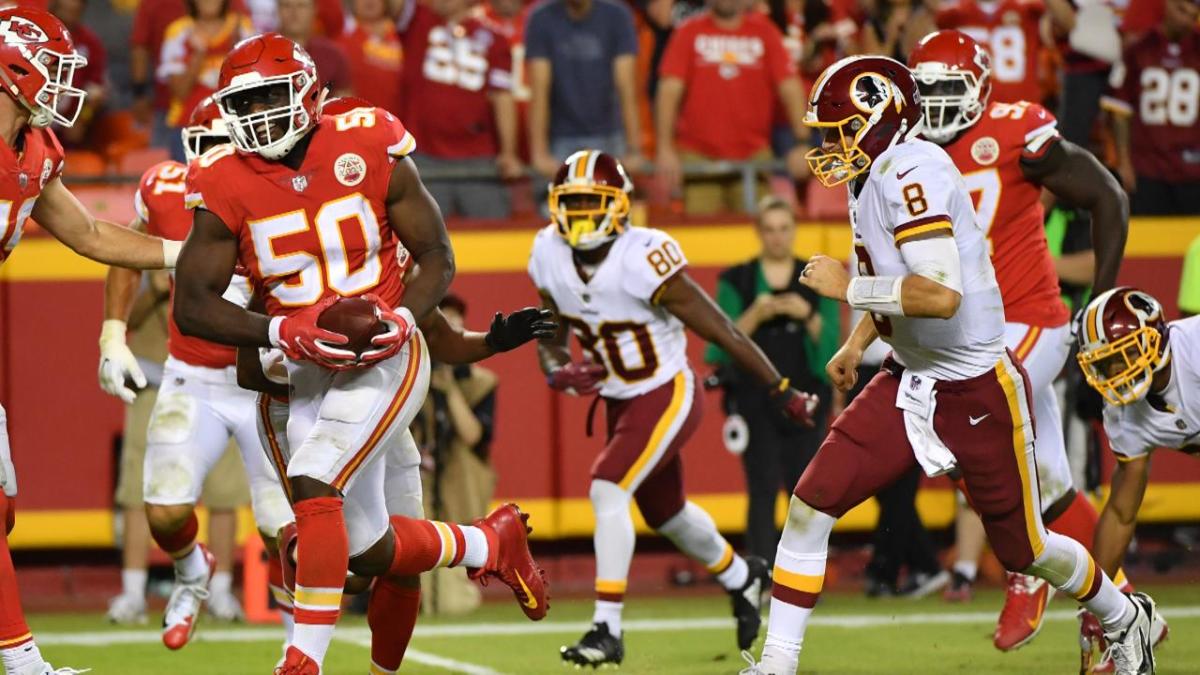Historical Development Of Gambling In Sports
Modern sports gambling in the United States can be roughly divided into three categories: pari-mutuel gambling on horse racing, dog racing, and jai alai games; legal sports betting through a licensed bookmaker; and illegal sports gambling. The third category makes up the biggest portion of sports gambling in the nation. With a history spanning thousands of years and dating back to ancient Greece, sports betting is now enjoyed all over the world, in most cases legally, but sometimes not. In modern times, gambling as a whole is big business, but sports betting has increased by the most significant margins and on a worldwide scale.
- Historical Development Of Gambling In Sports Betting
- Historical Development Of Gambling In Sports Illustrated
- Historical Development Of Gambling In Sports Industry
- Historical Development Of Gambling In Sports Gambling
Historical Development Of Gambling In Sports Betting
Do you know why the house always wins eventually when it comes to casino games? With casino games, we are able to solve for the probability of any given outcome mathematically.
So, when you spin a roulette wheel, there’s a 1-in-38 chance of the ball landing on the number that you bet. The casino sets the odds so that correct picks pay out 36-to-1, and so the math works out in such a way that the house always has a significant advantage over the gamblers.
- Professional and collegiate sports have historically feared one practice most heavily over anything else: gambling. The threat has been that if an athlete, official or coach became ensconced in.
- The centuries-old history of how sports betting became illegal in the United States in the first place Here’s why the Supreme Court couldn’t legalize gambling nationwide when it struck down a.
Fortunately for sports bettors, the probability of winning or losing a sporting event is less certain. Numerous factors influence the outcome, and without having definite expectations determined by the number of cards or dice, sportsbooks are forced to try and set the odds based on their own research.
Furthermore, when the bookmaker sets their line, they aren’t trying to accurately predict the probability of each outcome happening.
A sportsbook’s goal when they set the odds of a contest is to entice bettors to place an equal amount of wagers on each side, guaranteeing the book makes a profit.
So once they’ve crunched the numbers and predicted the probability of each outcome happening, they adjust the odds to bring in action on both sides. The odds that are set then carry a certain implied probability, which is the number we base our wagers on.
In order to become a successful sports bettor, you must do your own statistical analysis. The goal is to identify variables that have a strong influence on the outcome of a contest or event and calculate your individual probabilities for each possible result. The last step is to compare your percentages of likelihood against the implied expectations set by the bookmaker.
Winning sports gamblers only make a wager when a bet has positive value. A gamble is said to have value when the implied probability based on the odds is a lower percentage than the likelihood you calculated from your own analysis.
Historical Development Of Gambling In Sports Illustrated
That’s the whole name of the game; if your math says that Team A will win this contest 45% of the time, but the odds mean Team A would only need to win 20% of the time to break even, that’s bet has value.

But how do we accurately determine the probability so that we have a number to compare against the odds? We have to create betting systems based on statistical analysis and probability distributions. This guide is meant to help you understand how handicapping is done and get you started.
Most sports of today only developed in their current form in the 19th and 20th century, though many take their origins from more primitive sports and pastimes of ancient times.
What is the first sport ever played?
Although it is impossible to know for sure, it is usually considered that wrestling and boxing were the first sports every played. Competitions using the simple mode of human transport, running, would also have been among the first sports played.
Competitions involving hitting, kicking, throwing a ball like object, as well as sports related to hunting and throwing would also be expected to have be played in early times.
There are many sports that have developed as competitions from means of early transportation, such as horse riding and canoeing, and from military activities such as archery.
At the first recorded ancient Olympic Games in 760 BC, there was only one event, a footrace. Later Games included other events such as wrestling, boxing, equestrian, discus, javelin, and jumping. From around the same time, the only sport mentioned in the Bible is said to be wrestling (see Bible sporting quotes).
The most popular sport played around the world today, Association football (soccer), has its origins from China (see Soccer History). There is evidence in China that military forces around 2nd and 3rd century BC (Han Dynasty) played a game, originally named 'Tsu Chu', that involved kicking a leather ball stuffed with fur into a small hole. Like Soccer, no hands were permitted during the play of the game.
See a timeline of significant events in the history of sport.
A History of Specific Sports
Share:
FacebookTwitter